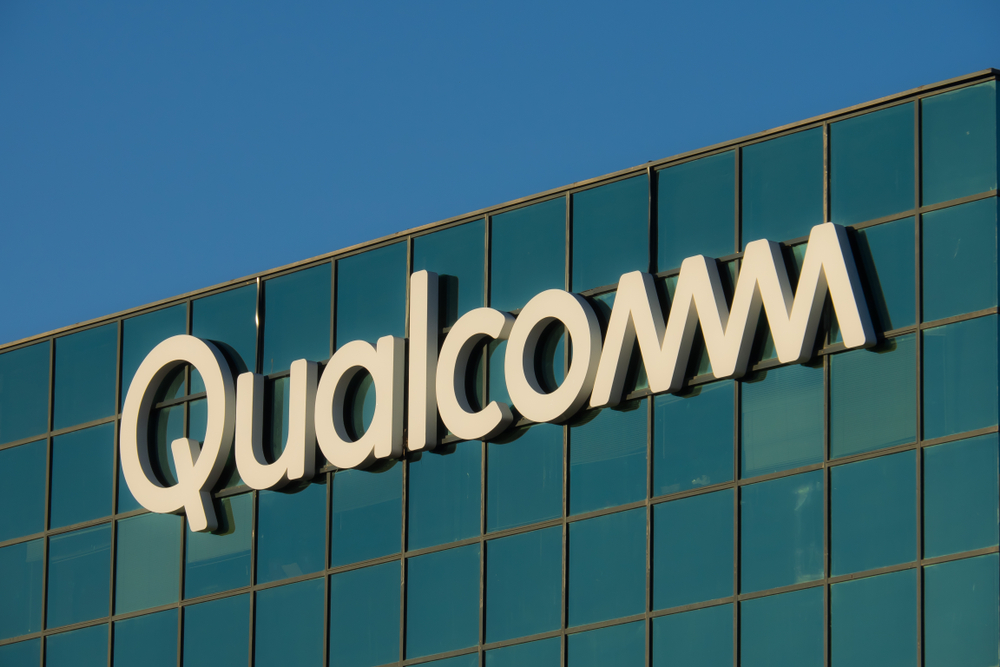Judge Tosses Four Qualcomm Patent Suits Against Apple
Apple and Qualcomm have been duking it out in courtrooms around the world. The most recent punch landed this week in a German court, where a judge threw out four of Qualcomm’s eight search-related patent lawsuits against Apple. The fate of the remaining four lawsuits has yet to be decided.
Both companies have been accusing each other of wrongdoing in pretty much every major country where they both operate. The back-and-forth started in early 2017 after the U.S. Federal Trade Commission (FTC) accused Qualcomm of establishing a monopoly over smartphones.
The battle hasn’t slowed down since then. Apple sued Qualcomm for $1/£0.77 billion in San Diego, California in the U.S. and Beijing, China, Qualcomm sought injunctions against particular iPhone models in various countries and accusations about the other companies’ wrongdoings flew faster than Mike Tyson’s fists.
And the accusations don’t just involve hardware. The Wall Street Journal reported that this particular case that the German court threw out revolved around “Qualcomm’s claims that Apple had infringed on its patents related to some search capabilities on the iPhone.”
Meanwhile, closing arguments in the FTC’s case against Qualcomm wrapped up this week, so the company is awaiting Judge Lucy Koh’s decision in that case as well.
The FTC seemed confident that Koh would side with it.
“The evidence is overwhelming that Qualcomm engaged in exclusionary conduct. The effects of Qualcomm’s conduct, when considered together, are anticompetitive,” FTC lawyer Jennifer Milici said in her argument.
Get Tom's Hardware's best news and in-depth reviews, straight to your inbox.
But even these cases don’t signal an end in sight for Qualcomm. Companies like Intel are continuing to accuse it of anticompetitive business practices (ironic as that might be), and that doesn’t show sign of stopping any time soon. This isn't a short bout; it’s a war of attrition.
And, to be clear, Qualcomm has scored a few victories of its own. China banned the sale of some older iPhone models in December 2018, and Germany did the same.

Nathaniel Mott is a freelance news and features writer for Tom's Hardware US, covering breaking news, security, and the silliest aspects of the tech industry.
-
techy1966 They are saying Qualcomm as being anti competitive yes they may or may not be but if this is true then how is it no one goes after Apple for doing this when they are known to be one of the worst offenders on the planet for having these types of practices. This is just my opinion on all of this.Reply -
spikey in tn ...engaged in exclusionary conduct...Reply
I agree totally with TECHY1966. Apple has engaged in exclusionary conduct pretty much ever since creation, in fact they are the "king of the hill" in that category. Why hasn't someone busted Apple too? Are they that successful in buying off judges? -
bigpinkdragon286 The simple answer is the judge could very well be biased or prejudiced, rather than impartial. I can easily see a judge falling into the category of person that must have an iPhone no matter what, and I've met enough of those I wouldn't dismiss it as a possibility. I could just as easily see the judge being the opposite.Reply
Intel and Apple accusing other companies of anti-competitive practices? They should know, they seem to be expert there.
